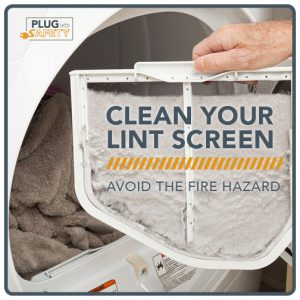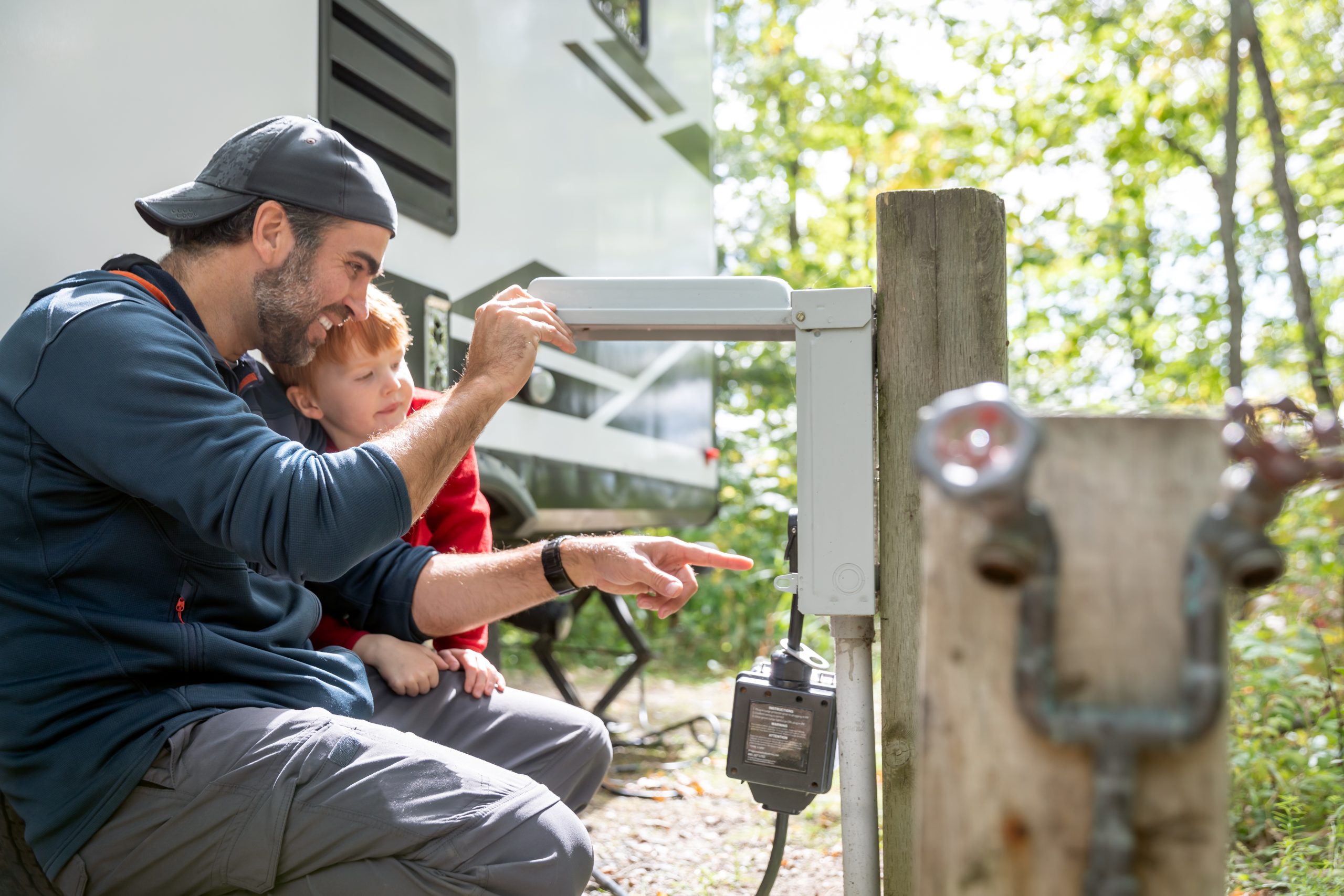 It’s easy to underestimate the dangers posed by the appliances in your home because, let’s face it, they weren’t something you were taught to worry about. When you were a child, your parents handled all of the household duties. When you got your first apartment your landlord took care of the problems. Now that you finally have your own home, it’s your responsibility to do the upkeep on all of those pesky home appliances. But where do you start?
It’s easy to underestimate the dangers posed by the appliances in your home because, let’s face it, they weren’t something you were taught to worry about. When you were a child, your parents handled all of the household duties. When you got your first apartment your landlord took care of the problems. Now that you finally have your own home, it’s your responsibility to do the upkeep on all of those pesky home appliances. But where do you start?
It’s much easier than you think! Bad habits only increase the potential dangers looming in your home. Form good habits that your children can utilize now. That way, when they inevitably leave the nest they won’t second guess their electrical safety practices.
“Keeping your home and family safe is a crucial part of providing a clean, healthy living environment,” said Mandy Barth, communication manager of Indiana Electric Cooperatives. “The appliances we rely on every day are easy to overlook when conducting a home safety inspection, but they need to have a permanent spot on your safety checklist.”
We use the refrigerator daily, but how often do you consider the dangers that can stem from it? Whether it’s a fire or foodborne illness, there are risks that can easily be avoided. Remove dust and lint from the outside of the refrigerator, and be mindful of the cord if you move the fridge to clean. Keep the coils of your refrigerator clean to avoid possible compressor failure and minimize fire risk. Make cleaning and disinfecting the inside of the fridge part of your routine every time you stock up on groceries.
Whether you have an electric or gas dryer, there are potential safety hazards that come with the convenience of those soft, dry clothes. Collected dust and lint become a fire hazard if allowed to remain inside vents and hoses; so, always clean out the lint screen before using the dryer. If you have an electric dryer, you need to use a grounded outlet to minimize the risk of fire.
Nearly every water heater risk results from poor venting or excessive pressure buildup. Poorly connected vents can lead to carbon monoxide and natural gas leaks, which are huge risks to your pets and family. To avoid excessive temperature and pressure, you should test the relief valve at least once per year. Typically, all you have to do is pull up the handle on the valve.
Always clean your microwave after use. Don’t let food waste or splattered grease and oils build up. If you fear there is a problem with any part of your microwave, contact a qualified professional. Because microwaves can deliver a shock even if they are unplugged, your best bet to stay clear of electrical hazards is to bring in a pro.
Create your own checklist for all your major home appliances and begin creating better electrical safety habits for your family.
Source: ESFI, Safewise
Appliance safety reminders
- Use small appliances and power tools according to the manufacturer’s instructions.
- Unplug all small electrical appliances, such as hair dryers, curling irons, and toasters, when not in use.
- Protect against electric shock. Install ground fault circuit interrupters (GFCIs) anywhere electricity and water are within six feet of each other, such as in your kitchen, bathroom and outdoors.
- Repair or replace any damaged appliances.
- If you drop an appliance into water, don’t reach in to retrieve it unless you’re sure the appliance is unplugged or the circuit is shut off.
- If an appliance’s power cord, plug or connector is damaged, don’t use it.
- Keep all electrical cords and products such as radios, TVs, hairdryers and curling irons away from water in a sink or tub.
- To avoid accidents such as tripping or knocking over an appliance, keep the cord short.
Source: ESFI
Are your home’s appliances up to date on their annual check-ups?
Find out how to do a quick diagnosis on your most used items:
Washer
- Check all hose connections for leaks, bubbles, kinks and brittle sections.
- Replace hoses a minimum of every two years.
- Plug into a ground fault circuit interrupter outlet.
- Average life expectancy = 13 years.
Dryer
- Check dryer vent for clogs and proper connection.
- Clean dryer vent every three months.
- Clean lint screen after every use.
- Check vent tubes for bends. Less air restriction increases the efficiency.
- Average life expectancy = 13 years.
Dishwasher
- Check water connection for leaks.
- Check drain connection for clogs.
- Average life expectancy = 12 years.
Refrigerator
- Check water connection for leaks.
- Check hoses for links and kinks.
- Plug into a ground fault circuit interrupter outlet.
- Average life expectancy = 14 years.
Stove
- Check oven door for broken glass.
- Check for gas leaks.
- Average life expectancy = 20 years.
HVAC
- Change furnace filters every three months.
- Follow annual maintenance schedule.
- Average life expectancy = 18 years (furnace) and 11 years (central air).
Water heater
- Drain sediment annually.
- Release the pressure valve every six months.
- Insulate for efficiency.
- Check pipes for leaks.
- Average life expectancy = 11 years.
Disposals
- If not working, try the reset button.
- If not working, try the reset button on the ground fault circuit interrupter outlet.




